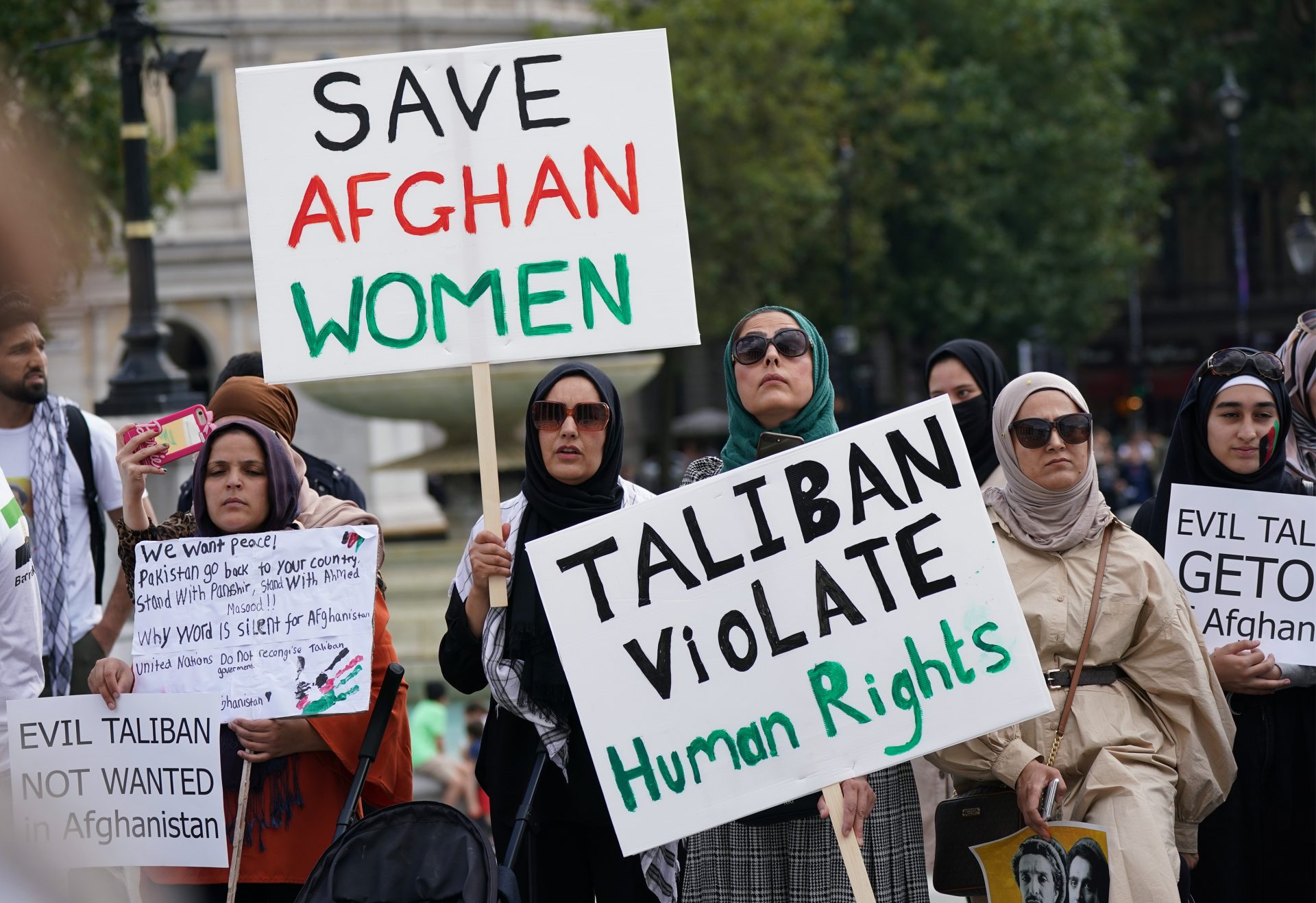Afghan women judges fleeing from the Taliban face being killed unless the British and other governments urgently step in to help them as German factory owner Oskar Schindler did to save 1,200 Jews from Nazi concentration camps, Baroness Helena Kennedy has said.
“This is Schindler’s List time – these are people who are going to be killed, we have an absolute duty to not let happen what happened in the past. We have to save the lives of these women and their families,” the Barrister and Labour peer told Women’s Hour in an impassioned plea for help .
But whether her call will be answered as governments across Europe – not forgetting the UK, where home secretary Priti Patel’s is particularly keen to keep the borders tight – are competing to burnish their anti-immigrant credentials, is another matter.
NGO staff working with migrants have long been lamenting the lost “good old days” of the 1990s, well before the 21st century migrant crises, when they say the number of refugees was smaller and the willingness of countries to take them was greater.
“There probably isn’t a government around just now that isn’t promising that they’re going to deal with immigration and keep a tight rein on it,” the Barrister and Labour peer said. “But these are not migrants, they are people fleeing for their lives.”
Together with a group of pro-bono lawyers, Kennedy has helped charter flights to airlift 26 women judges and their families – around 130 people – from Afghanistan following the fall of Kabul to the hardline Taliban, but many more remain in the country under brutal Islamist rule.
Notably, none of the escaped judges are in the UK – some travelled to Abu Dhabi, some to Pakistan, while Kennedy managed to relocate a group of 16 judges and their families to Athens because the Greek President Katerina Sakellaropoulou, who had herself been a judge, agreed to help. The UK has evacuated around 15,000 Afghans who had links through work in the embassy, as translators, in the military or through citizenship.
In January, two Afghan women judges were assassinated in a sign of what was to come. Many men put in jail by these judges for violence against women were freed by the Taliban and “made it very clear that they were coming after these women,” Kennedy said.
Now Greece, which has provided food and accommodation to the escaped Afghan judges, is already overflowing with refugees from Syria and Mediterranean migrant boats and is struggling to accept a second group of the female judges. Kennedy must find new homes for some of those now in Greece within two months or they will have to claim asylum and go into camps, which Kennedy likens to prisons.
“We encouraged these women to step into these roles because we wanted Afghanistan to become a democracy reflecting the rights of law and to protect the rights of other women,” she said. “We can’t do this to these women. They deserve better.”
She urged governments – including the British and others — to help take in the women, which she described as middle class, highly educated, skilled people who can contribute to the countries that accepts them, with husbands who are happy to be with professional women.
“It’s not going to be hard to take in some of these women and their families,” she said, urging British communities to set up sponsorship groups to help resettle the Afghan families.
Currently a UN-backed community sponsorship scheme, linked to another, larger scheme for vulnerable people resettled by councils, has been running for more than five years.
It normally involves local groups helping settle refugee families – which initially receive benefit payments – by finding housing and work, befriending and assisting them through language lessons and settling their children into schools
Warning: Illegal string offset 'link_id' in /mnt/storage/stage/www/wp-includes/bookmark.php on line 357
Notice: Trying to get property 'link_id' of non-object in /mnt/storage/stage/www/wp-includes/bookmark.php on line 37







